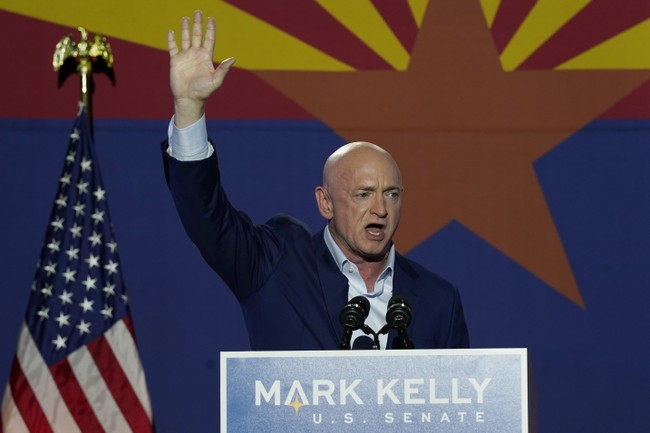Former Deputy National Security Advisor to President Barack Obama Ben Rhodes’ claim of ignorance about the Federal Bureau of Investigation’s (FBI) “Russiagate” probe seemingly contradicted by newly released documents.
Rhodes said in a 2019 interview that neither he nor the White House were involved in the FBI’s investigation into President Donald Trump’s 2016 campaign. However, he was present during a Dec. 9, 2016, meeting of Obama’s National Security Council’s (NSC) Principals Committee where alleged Russian election interference was discussed, according to documents released by Director of National Intelligence (DNI) Tulsi Gabbard on Friday.
“Obama directed the IC to create a new intelligence assessment that detailed Russian election meddling, even though it would contradict multiple intelligence assessments released over the previous several months,” Gabbard wrote on X.
The next day, top national security officials including FBI Dir James Comey, CIA Dir John Brennan and DNI James Clapper gathered at the Obama White House to discuss Russia. Obama directed the IC to create a new intelligence assessment that detailed Russian election meddling, even… pic.twitter.com/b7ly73h12t
— DNI Tulsi Gabbard (@DNIGabbard) July 18, 2025
That directive followed preparation for the President’s Daily Brief on Dec. 8, 2016 based on an assessment “finding that Russia ‘did not impact recent U.S. election results’ by conducting cyber attacks on infrastructure,” according to Gabbard. The DNI said this brief was pulled “based on new guidance” and remained unpublished.
The day of the meeting, The Washington Post published an article sourcing “White House officials” titled “Secret CIA assessment says Russia was trying to help Trump win White House.”
The article, Gabbard’s tweet thread claimed, was the product of leaks from “anonymous IC sources.”
Gabbard’s claim that Obama directed his NSC to create an assessment that detailed Russian meddling seemingly contradicts what Rhodes said in 2019.
“We didn’t even know that there was an FBI investigation of Trump. I didn’t. President Obama didn’t,” he told journalist Nicholas Ballasy in 2019. “We actually abided by the firewalls. If there were any investigations that took place, those decisions were made in the Justice Department, in the FBI, not in the White House.”
The FBI began investigating Trump’s campaign in July 2016 as part of their Crossfire Hurricane investigation. (RELATED: Clinton Email Investigation Omitted Crucial Piece Of Evidence)
“They will find nothing that suggests that there was any political or White House involvement in any of that. Literally, I learned about the FBI investigation into Trump as a private citizen in the freaking Washington Post,” Rhodes also told Ballasy.
Obama’s directive was followed by the infamous 2017 Intelligence Community Assessment (ICA), according to another post from Gabbard. The ICA concluded that Russian President Vladimir Putin sought “to undermine public faith in the US democratic process, denigrate Secretary Clinton, and harm her electability” with a “clear preference for President-elect Trump.”
The 2017 ICA’s conclusions run in stark contrast to an August 2016 report that, according to a tweet from Gabbard, was from a Department of Homeland Security (DHS) official to then-DNI James Clapper.
For months preceding the 2016 election, the Intelligence Community shared a consensus view: Russia lacked the intent and capability to hack U.S. elections.
But weeks after President Trump’s historic 2016 victory defeating Hillary Clinton, everything changed. pic.twitter.com/ss6A20yZ7k
— DNI Tulsi Gabbard (@DNIGabbard) July 18, 2025
“The thrust of the analysis is that there is no indication of a Russian threat to directly manipulate the actual vote count through cyber means,” the report read.
“We assess that foreign adversaries did not use cyber attacks on election infrastructure to alter the US Presidential election outcome this year. We have no evidence of cyber manipulation of election infrastructure intended to alter results,” a Dec. 7, 2016 DNI document Gabbard’s tweet labeled “DNI Clapper talking points” also read.
A recent Central Intelligence Agency (CIA) analysis of the 2017 ICA found that the document was predicated on shoddy tradecraft and the inclusion of details from the now-discredited Steele Dossier “ultimately undermined the credibility of a key judgment.”
The Daily Caller reached out to Ben Rhodes for clarification but did not hear back by time of publication.
Read the full article here











